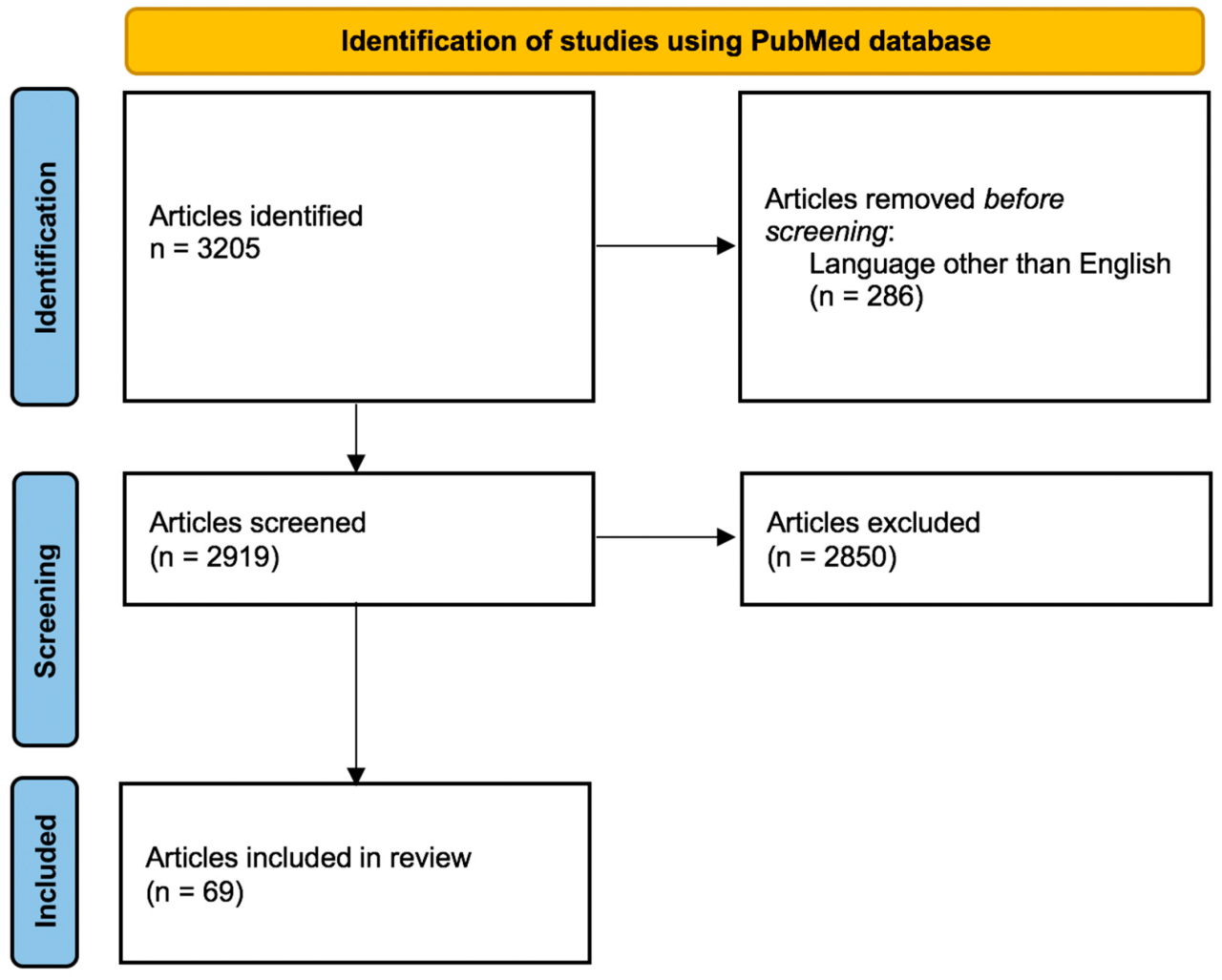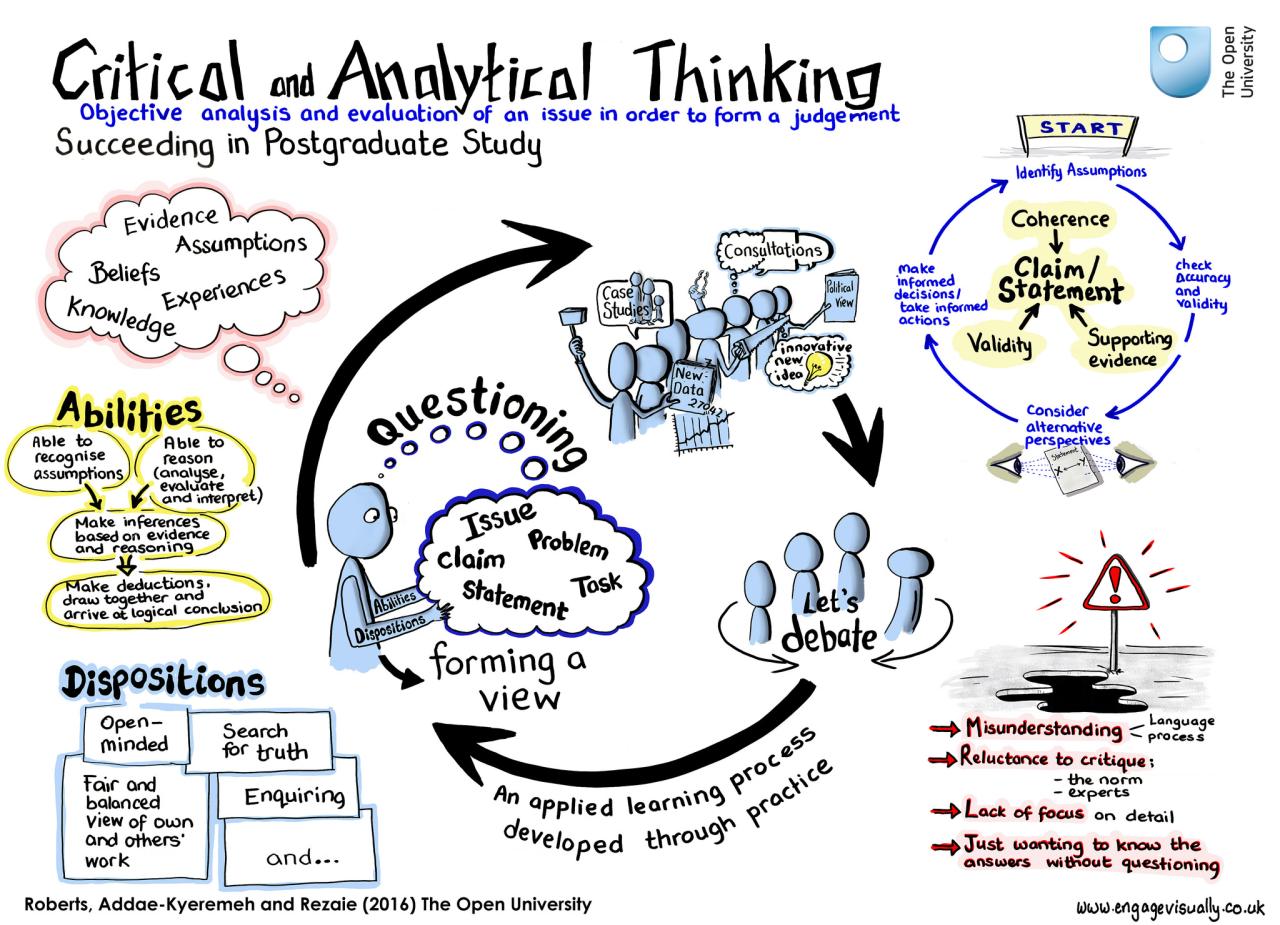Developing critical thinking through understanding pathophysiology – In the realm of healthcare, critical thinking is paramount, and understanding pathophysiology is the cornerstone upon which it rests. This comprehensive guide delves into the intricate relationship between these two pillars, empowering healthcare professionals with the knowledge and skills to navigate the complexities of patient care with precision and effectiveness.
Understanding pathophysiology, the study of disease processes, provides healthcare professionals with a profound comprehension of the underlying mechanisms that drive disease progression. Armed with this knowledge, they can develop targeted interventions, optimize treatment strategies, and improve patient outcomes. This guide will explore the multifaceted nature of pathophysiology, its clinical applications, and the essential role it plays in fostering critical thinking among healthcare professionals.
Introduction to Pathophysiology
Pathophysiology is the study of the physiological changes that occur in the body in response to disease or injury. It is a fundamental discipline in healthcare, as it provides the foundation for understanding the causes, manifestations, and progression of disease.
By studying pathophysiology, healthcare professionals can develop more effective treatments and interventions to improve patient outcomes.
The human body is a complex system of organs, tissues, and cells that work together to maintain homeostasis. When homeostasis is disrupted by disease or injury, the body undergoes a series of physiological changes in an attempt to restore balance.
These changes can be local, affecting only a specific organ or tissue, or they can be systemic, affecting the entire body.
Pathophysiology is a multidisciplinary field that draws on knowledge from anatomy, biochemistry, physiology, and other disciplines. It is essential for healthcare professionals to have a strong understanding of pathophysiology in order to provide the best possible care for their patients.
Pathophysiology of Common Diseases

Pathophysiology plays a crucial role in understanding the development and progression of common diseases, such as diabetes, cardiovascular disease, and cancer. By studying the pathophysiology of these diseases, healthcare professionals can gain insights into their causes, risk factors, and potential treatments.
- Diabetesis a chronic disease that affects the body’s ability to produce or use insulin. Insulin is a hormone that helps glucose enter cells for energy production. In diabetes, the body either does not produce enough insulin or does not use insulin effectively, leading to high blood sugar levels.
- Cardiovascular diseaseis a group of conditions that affect the heart and blood vessels. These conditions can include heart attack, stroke, and heart failure. Cardiovascular disease is often caused by a combination of risk factors, such as high blood pressure, high cholesterol, and smoking.
- Canceris a disease that occurs when cells in the body begin to grow out of control. Cancer can develop in any part of the body, and there are many different types of cancer. The pathophysiology of cancer is complex and involves a variety of genetic, epigenetic, and environmental factors.
Understanding the pathophysiology of common diseases is essential for developing effective treatments and interventions. By targeting the underlying physiological changes that occur in these diseases, healthcare professionals can improve patient outcomes and reduce the burden of disease.
Critical Thinking and Pathophysiology

Critical thinking is a key skill for healthcare professionals, as it allows them to analyze and interpret complex information to make informed decisions about patient care. Critical thinking is particularly important in the field of pathophysiology, as it allows healthcare professionals to understand the underlying causes of disease and develop effective treatments.
There are a number of different ways to develop critical thinking skills. One common method is problem-based learning, which involves presenting students with a clinical problem and then guiding them through the process of analyzing the problem and developing a solution.
Another method is the use of case studies, which provide students with an opportunity to apply their knowledge of pathophysiology to real-world scenarios.
Critical thinking skills are essential for healthcare professionals who want to provide the best possible care for their patients. By developing these skills, healthcare professionals can improve their ability to diagnose and treat disease, and to develop new and innovative treatments.
Developing Critical Thinking Skills
There are a number of different methods that can be used to develop critical thinking skills. Some of the most common methods include:
- Problem-based learningis a method of teaching that involves presenting students with a clinical problem and then guiding them through the process of analyzing the problem and developing a solution. This method encourages students to think critically about the problem and to apply their knowledge of pathophysiology to real-world scenarios.
- Case studiesare another method that can be used to develop critical thinking skills. Case studies provide students with an opportunity to apply their knowledge of pathophysiology to real-world scenarios. By analyzing case studies, students can learn how to identify the underlying causes of disease and develop effective treatments.
- Simulationis a method of teaching that involves using realistic scenarios to train students in a safe environment. Simulation can be used to teach students a variety of skills, including critical thinking skills. By participating in simulations, students can learn how to make decisions in a high-stakes environment and to develop their ability to think on their feet.
Critical thinking skills are essential for healthcare professionals who want to provide the best possible care for their patients. By developing these skills, healthcare professionals can improve their ability to diagnose and treat disease, and to develop new and innovative treatments.
Q&A: Developing Critical Thinking Through Understanding Pathophysiology
What is the significance of pathophysiology in healthcare?
Pathophysiology provides a comprehensive understanding of disease processes, enabling healthcare professionals to identify the root causes of illness, predict disease progression, and develop targeted interventions.
How does critical thinking contribute to understanding pathophysiology?
Critical thinking allows healthcare professionals to analyze and interpret pathophysiological data, formulate hypotheses, and draw evidence-based conclusions, leading to a deeper understanding of disease mechanisms and effective treatment strategies.
What are the benefits of developing critical thinking skills for healthcare professionals?
Critical thinking skills empower healthcare professionals to make informed decisions, adapt to changing patient conditions, and provide individualized care, ultimately improving patient outcomes and enhancing the quality of healthcare delivery.